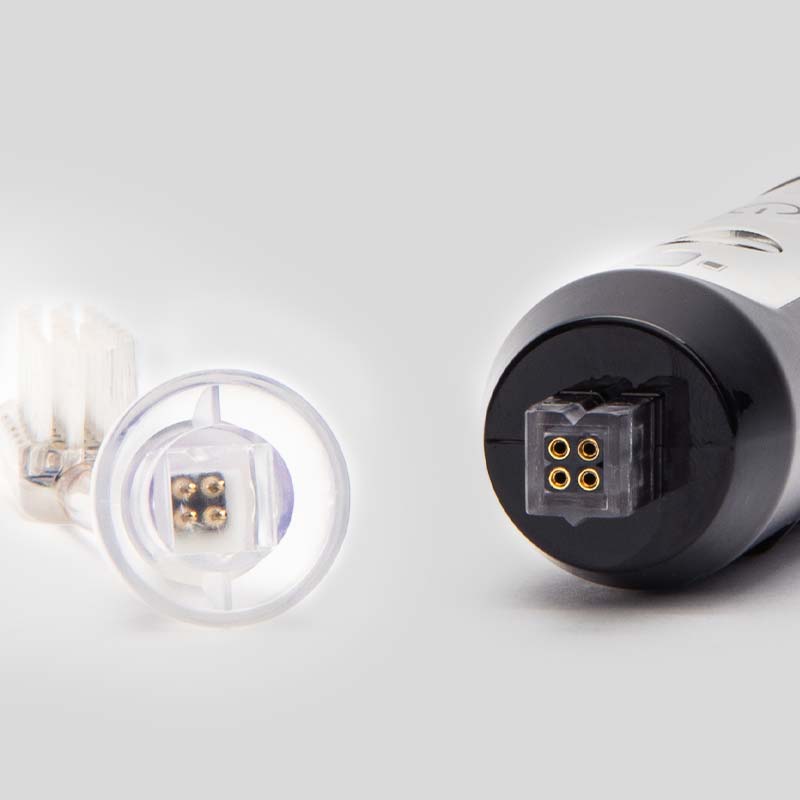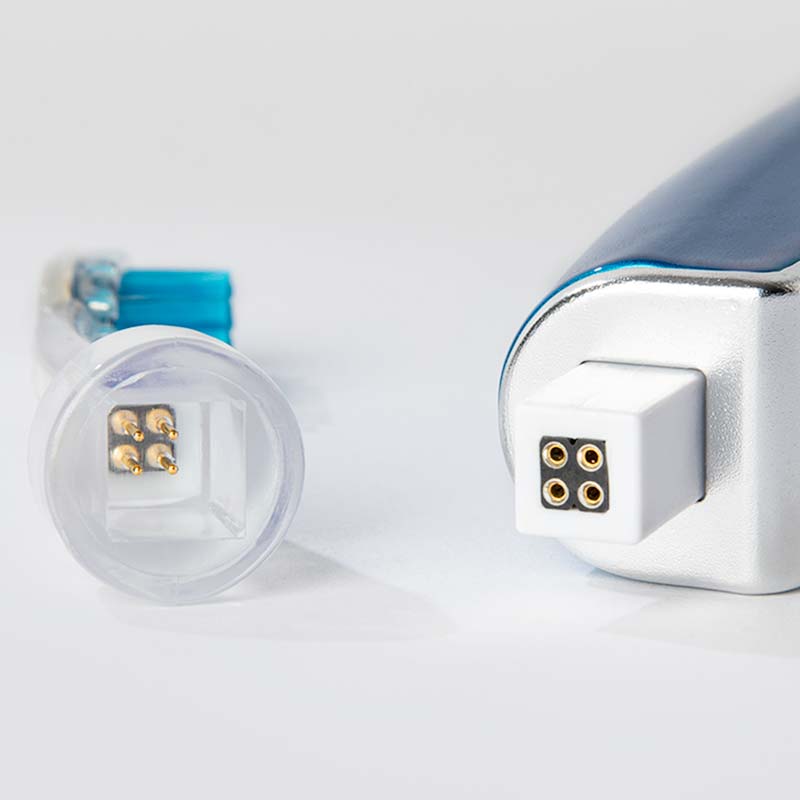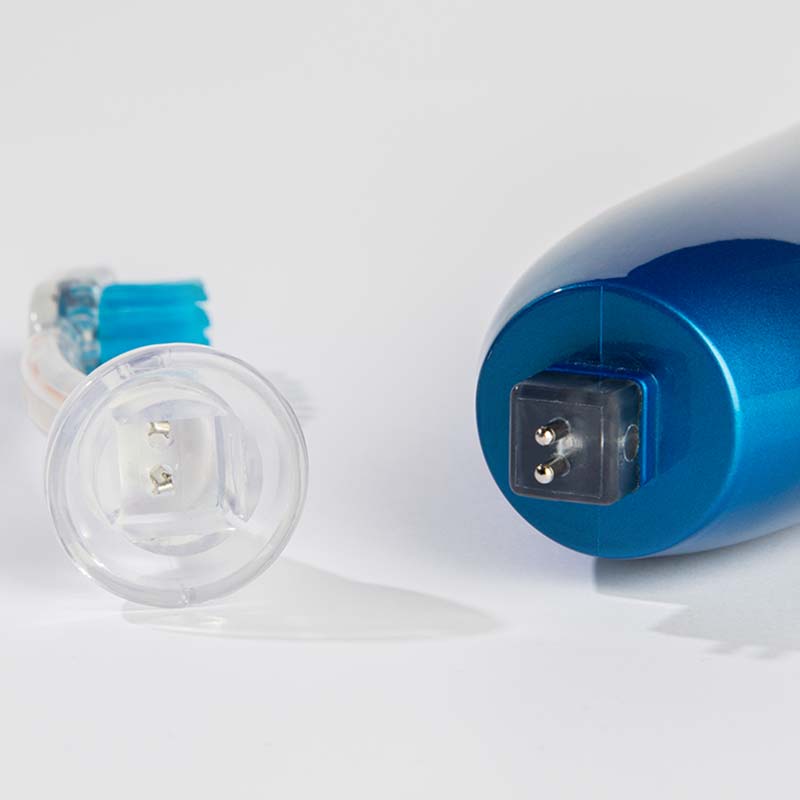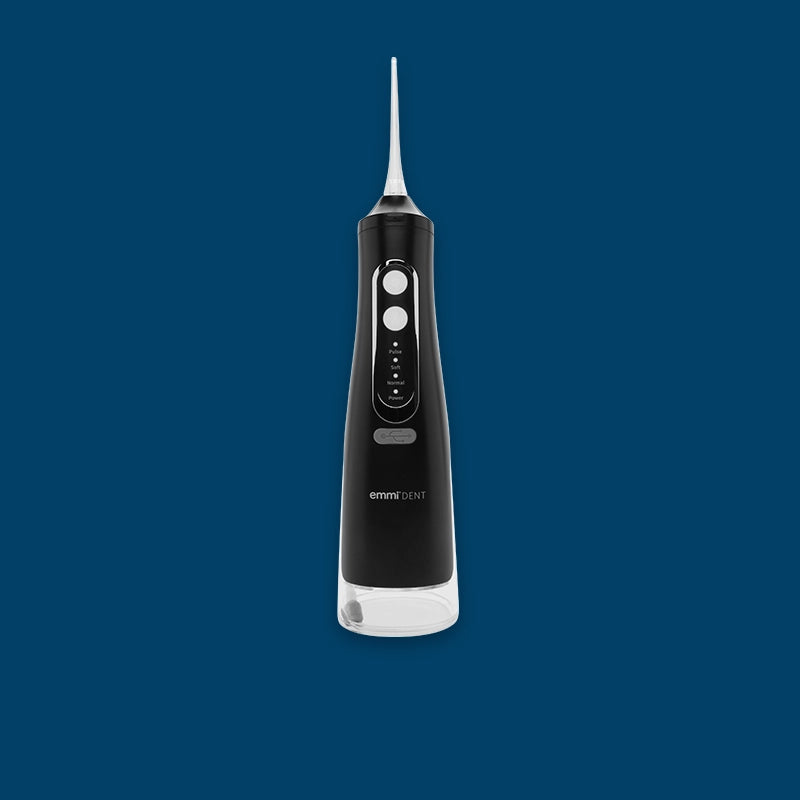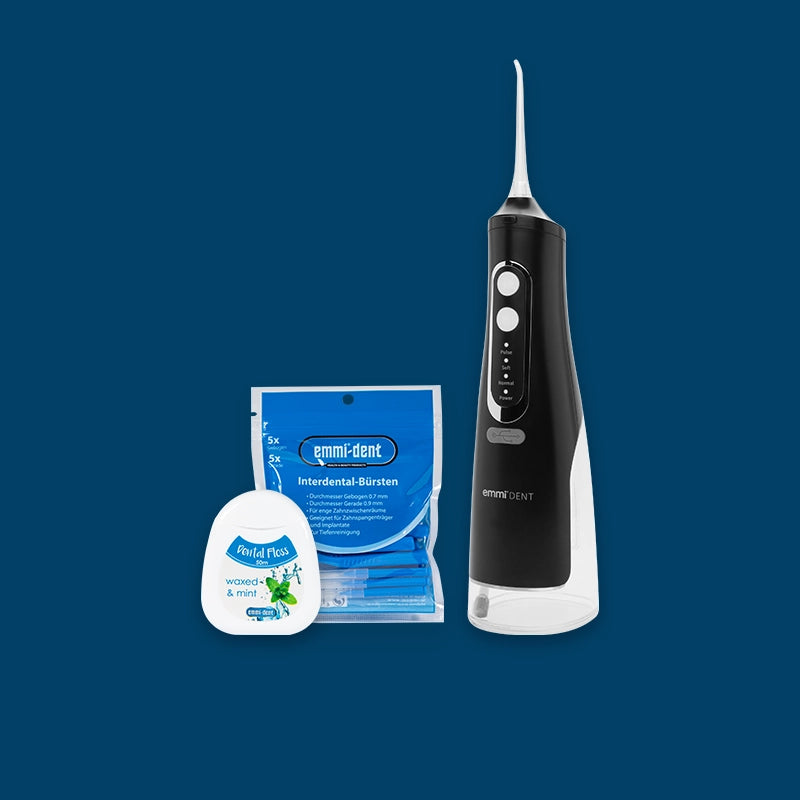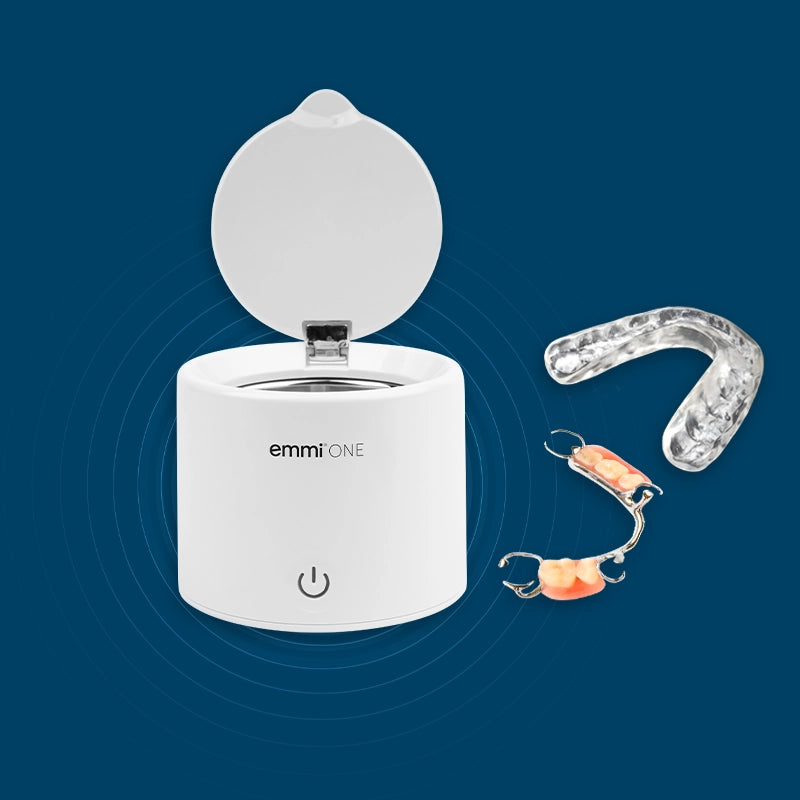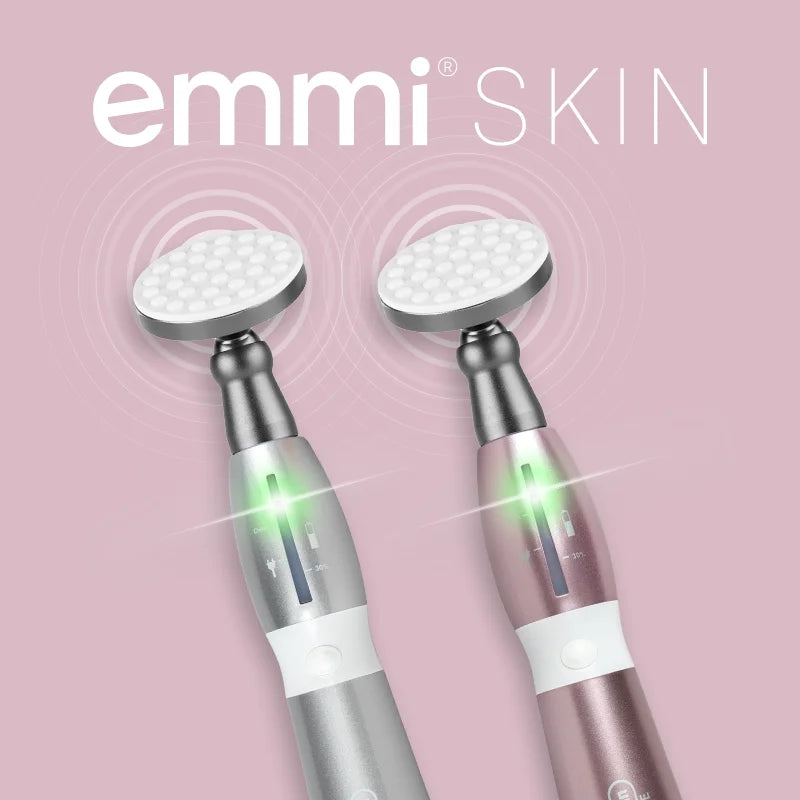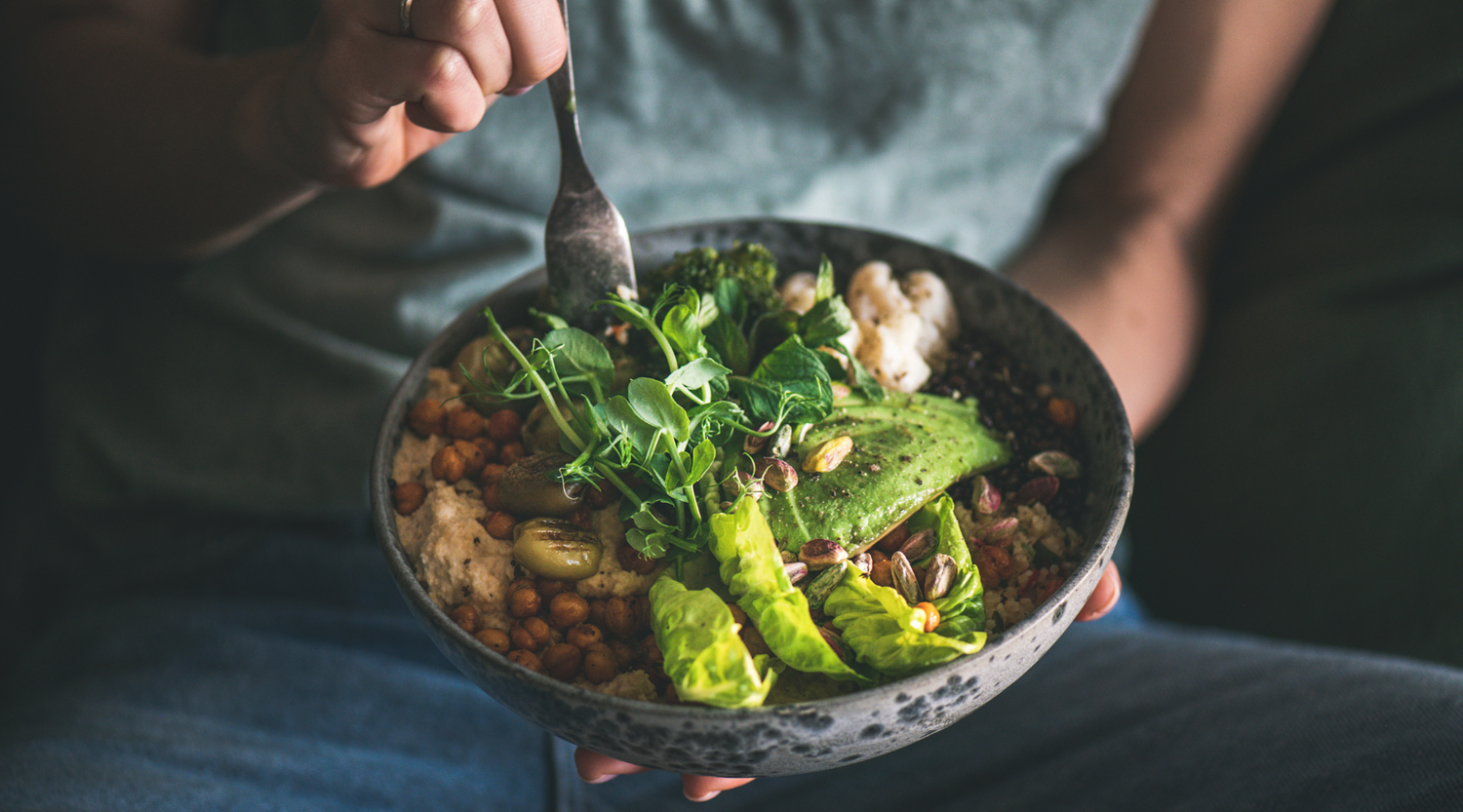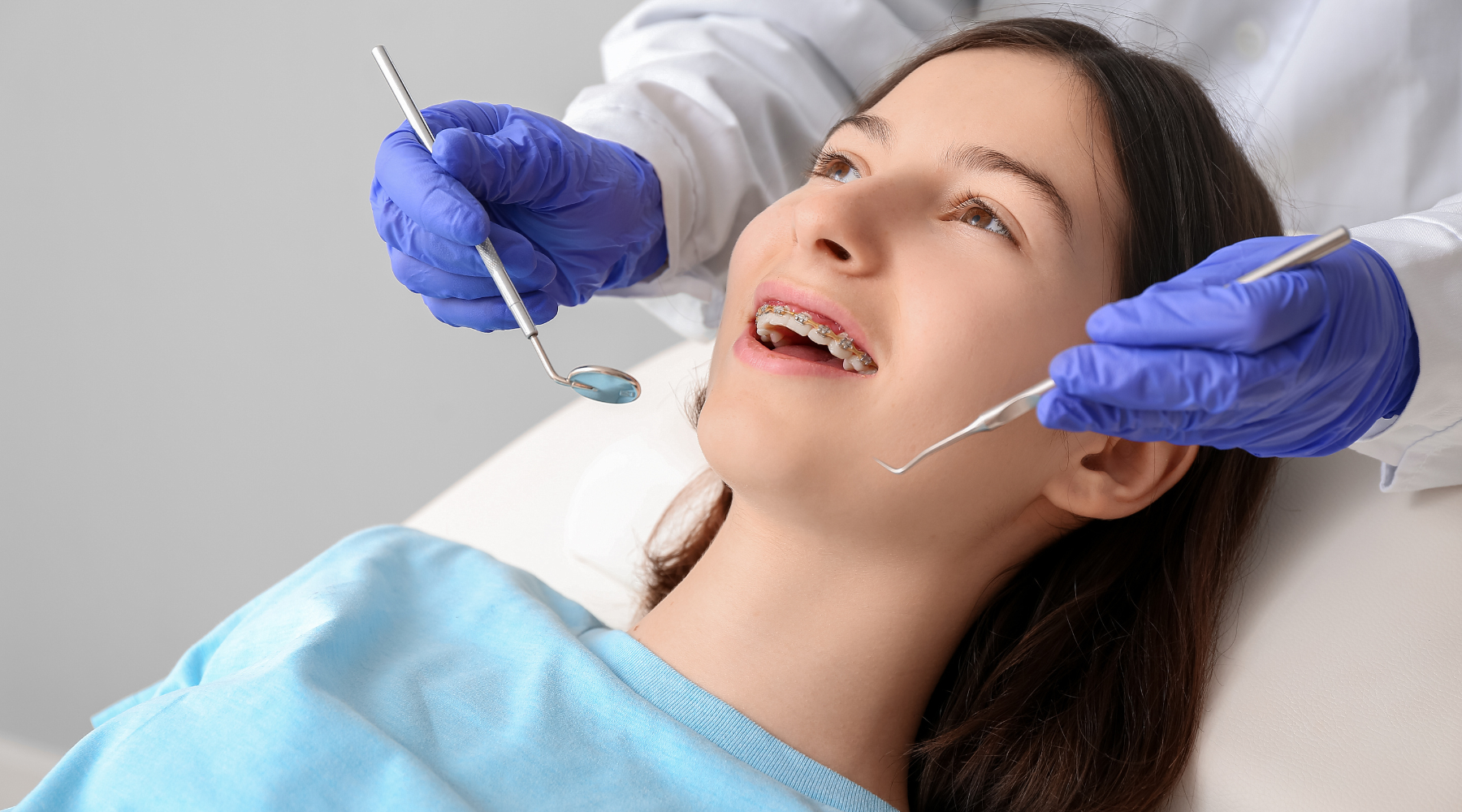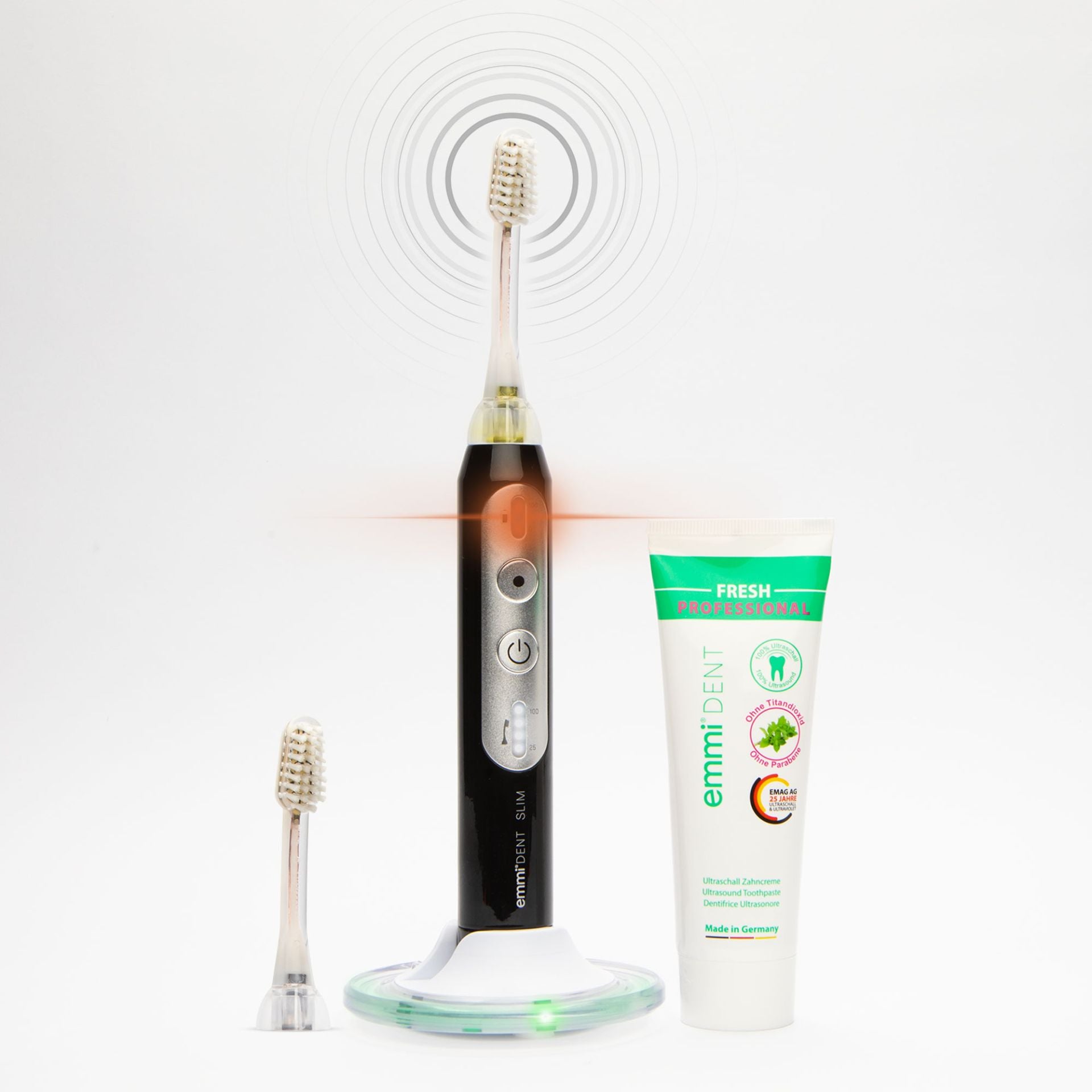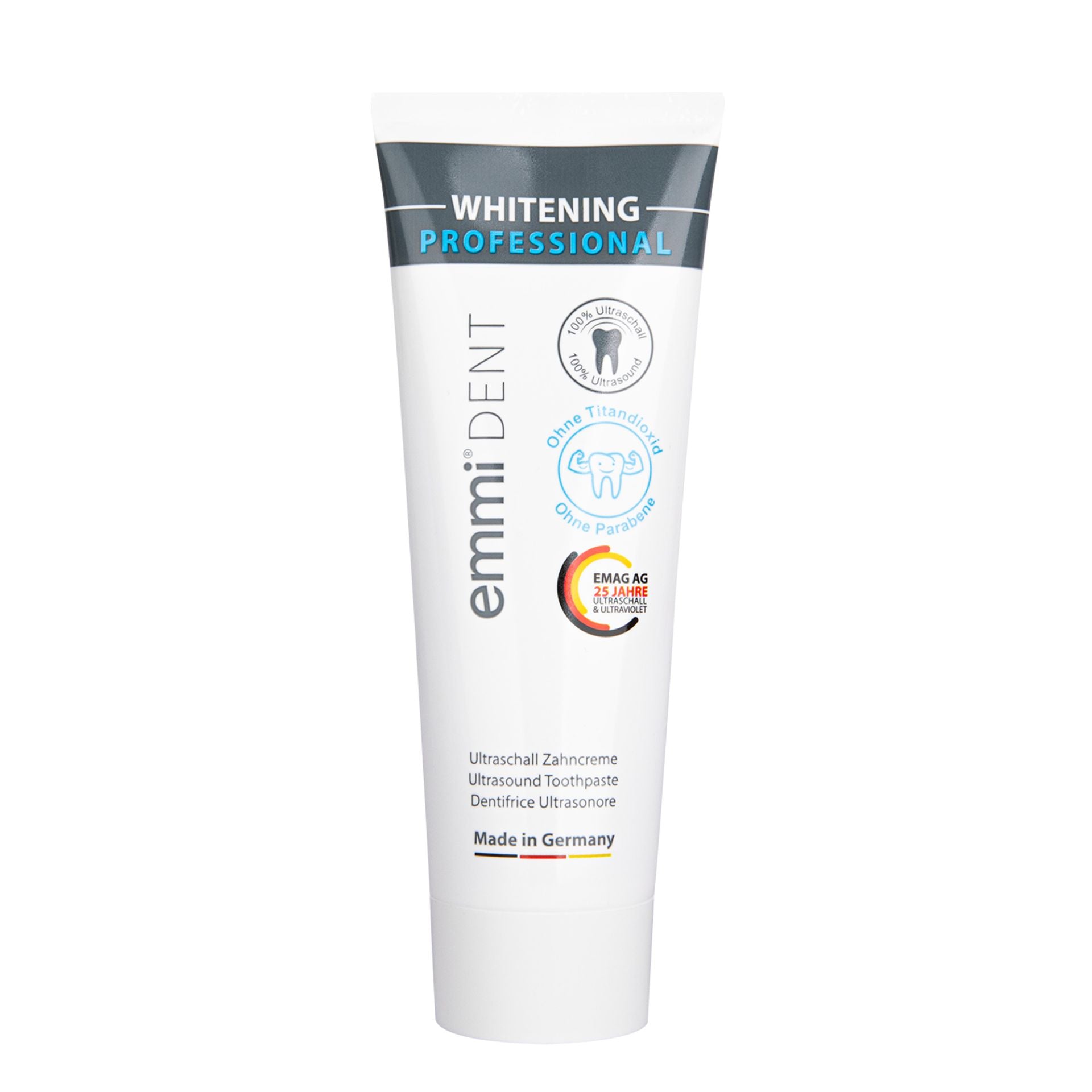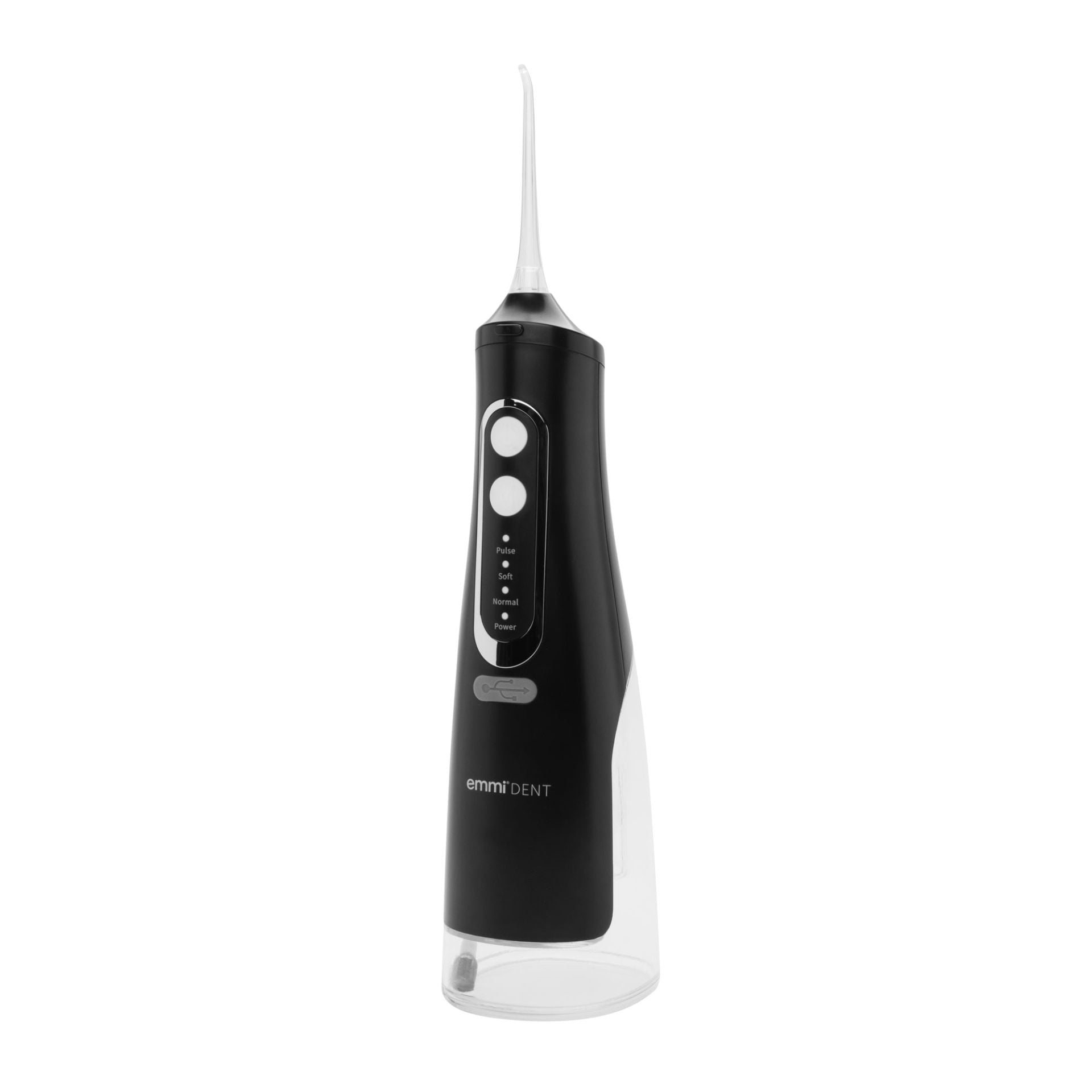Maybe you know the euphoric feeling you get after deciding to eliminate animal products from your diet: less guilt, colorful bowls, new recipes, a lighter stomach. But somewhere in the back of your mind, a question lingers: Are my teeth actually getting everything they need?
In recent years, studies and reports on this topic have been piling up. Some data show an increased risk of tooth decay, others show no difference compared to a mixed diet. As is often the case, the truth lies somewhere between the extremes. The most important factors are nutrient balance, acid management, and, of course, a consistent but gentle dental care routine. In this article, you'll learn what you should specifically pay attention to—and how you can adopt a plant-based lifestyle with a few clever steps without jeopardizing your dental health.
Nutrients: What your teeth really need
Let's start with calcium, the superstar for hard tooth enamel. Even without milk, you can find plenty of plant-based sources: Sesame, tahini, almonds, and fortified oat drinks provide a surprising amount. It's important to include such foods daily, because your body can't store calcium indefinitely. Vitamin D3 also helps the mineral be incorporated into bones and teeth. Those who don't get much sun—and that's almost all of us in Central Europe—should use a vegan vitamin D3 supplement to fill any gaps.
To keep your gums strong and resilient, you need a dose of vitamin C. Just one kiwi or a handful of bell peppers covers your daily requirement. The classic potential problem area is vitamin B12. This vitamin controls countless metabolic reactions, including those necessary for healthy mucous membranes. Since it is virtually nonexistent in plants, a reliable supplement is essential. One drop or one tablet a day – and your oral cavity stays well-nourished.
Perhaps surprisingly, omega-3 fatty acids aren't just brain food, they're also anti-inflammatory aids. Your gums love them, especially if you're prone to mild redness or swelling. Flax and chia seeds, or a dash of algae oil in a smoothie, are enough for your daily essentials.
Typical pitfalls – and how to charmingly avoid them
When switching to a plant-based diet, many people turn to fruit smoothies and fruit juices. They taste fantastic and provide vitamins, but they pose two risks: sugar and acid. A fruit juice bath temporarily softens tooth enamel. If you then immediately reach for the brush, you'll grind away a wafer-thin layer of enamel. It's better to rinse your mouth with water after an acidic drink or snack, wait 30 minutes, and only then brush gently. Constant snacking is also treacherous. Every bite of an organic granola bar interrupts the flow of saliva, which is supposed to neutralize your pH. Instead, plan clear meal times and give your mouth breaks – with still water as a companion.
Another stumbling block is "hidden oxalates and phytates." Spinach and raw rhubarb bind calcium, while whole grains block zinc. This doesn't mean you have to avoid these foods. If you combine them with a calcium source or eat vitamin C-rich fruit at the same time, the blockage is often eliminated.
The vegan dental care routine – step by step
It's best to start your morning routine with our emmi‑dent ultrasonic toothbrush and a mild, fluoride-containing toothpaste. The ultrasound breaks down bacterial chains without contact, leaving your sensitive tooth enamel free from friction. At lunchtime, it's often enough to rinse your mouth with water or an alcohol-free mouthwash – especially practical at the office or at university. In the evening, brush again with ultrasound, then rinse between your teeth with the emmi‑dent oral irrigator . The fine water-air mixture reaches fiber residue from leafy vegetables or almond pieces in places where dental floss easily gets stuck. Once a week – Sunday evening is perfect – treat your teeth to a remineralization gel made from fluoride and calcium phosphate. It hardens surface acid damage and gives you a smooth finish.
You should treat yourself to a professional dental cleaning at your dentist twice a year. Feel free to tell your dentist or the practice team that you're vegan. They'll then pay close attention to any enamel erosion or sensitive tooth necks and recommend appropriate polishing pastes.
Defusing acids cleverly – practical everyday tips
Do you love your homemade berry smoothie bowl? Then add a glass of water with a dash of baking soda to neutralize acid. After a meal, a sugar-free xylitol candy is enough to stimulate saliva flow without adding more sugar. A quick walk around the block also works wonders: It strengthens blood flow to the gums and provides valuable sunlight, which boosts your vitamin D production.
Science at a glance – what studies say
In 2019, a research team at Ghent University compared 100 vegans with 100 omnivores. The result: While the incidence of cavities was almost identical, vegans reported more frequent temperature-sensitive teeth—apparently due to higher fruit consumption. A 2023 meta-analysis confirms: Plant-based eaters only have an increased risk of tooth erosion if they consume a lot of highly acidic fruits or soft drinks. As soon as minerals, fluoride, and a gentle brush are used, the difference leveled off.
Why ultrasonic toothbrushes are good for vegan teeth
Especially when eating fruit, green tea, or whole grains regularly damage the enamel, mechanical scrubbing can be harmful. Our emmi‑dent ultrasonic toothbrush dissolves plaque using only ultrasonic sound – up to 96 million air bubbles burst per minute, removing the biofilm without polishing the enamel. At the same time, small cracks remain closed because there is no bristle wear. This means less sensitivity for the neck of the tooth and an extra dose of comfort for you.
Best of all, our emmi‑dent toothpaste is completely free of animal-derived ingredients. No gelatin, no beeswax—instead, it contains vegetable glycerin, tooth-friendly xylitol, and essential oils. This means your skincare routine fits 100 percent with your lifestyle.
Is fluoride vegan?
Yes – without any ifs, ands, or buts. The classic dental fluoride found in toothpastes, mouthwashes, or tablets is industrially extracted from inorganic raw materials (usually fluorspar). Neither animal raw materials nor additives of animal origin are used. Even in the downstream production steps – extraction, cleaning, drying, and filling – animal components are uncommon because they would be completely chemically superfluous. In short: Fluoride is a purely mineral ion (F⁻) and therefore fits seamlessly into a vegan lifestyle and care routine.
Will my tooth enamel become thinner if I eat a lot of fruit?
Fruit acids can indeed dissolve minerals from the enamel, but it's not the amount of fruit that matters, but rather the time and frequency of contact . A single smoothie a day will do little harm if you normalize your oral cavity's pH level in between. Here's how:
- Take a break from brushing: Wait at least 30 minutes after every acidic meal before brushing. Before then, the enamel is temporarily soft and could be mechanically eroded.
- Neutralize & dilute: Rinse immediately with tap water or sugar-free tea. This washes away acid and raises the pH level more quickly. Chewing sugar-free gum with xylitol also stimulates saliva flow.
- Harden enamel: Use a fluoride toothpaste daily or a fluoride gel weekly. Fluoride is deposited in the uppermost crystal lattices of the enamel as fluorapatite, which is significantly more resistant to future acid attacks.
If you stick to this routine, your tooth enamel will remain stable – and can even become denser through remineralizing fluoride contacts.
Do I really need vitamin B12?
Absolutely, because cobalamin (vitamin B12) is not only essential for energy metabolism and blood formation, but also directly affects oral health:
- Mucous membranes & tongue: A chronic deficiency often first manifests itself orally: burning tongue, redness (“lacquered tongue”), inflammation of the corners of the mouth or shallow, painful ulcers.
- Nerves: Without sufficient B12, nerve fibers demyelinate – this leads to numbness, tingling, or permanent nerve damage that even perfect dental hygiene cannot prevent.
- Risk groups: People with a strictly vegan diet, absorption disorders (e.g., atrophic gastritis, gastric bypass), or older age require regular laboratory tests and usually supplements.
Recommendation: Have your holo-TC (active B12) level checked at least once a year. If it's below normal, you can take targeted countermeasures – either with tablets, lozenges (which are absorbed through the oral mucosa), or, in cases of severe absorption problems, with injections. This not only prevents systemic damage but also maintains the healthy microenvironment of your oral cavity.
Vegan diet & sparkling teeth – the dream team
Living a plant-based lifestyle while maintaining a flawless smile isn't a contradiction in terms. The magic formula is: eat nutrient-conscious food, manage acid levels, and establish an ultra-gentle yet effective skincare routine. With calcium from sesame, a vitamin B12 supplement, a dash of sunlight, and our emmi‑dent ultrasonic toothbrush, you're well-equipped. This way, you can enjoy the good feeling of an animal-friendly diet—and your teeth will visibly enjoy it too.

